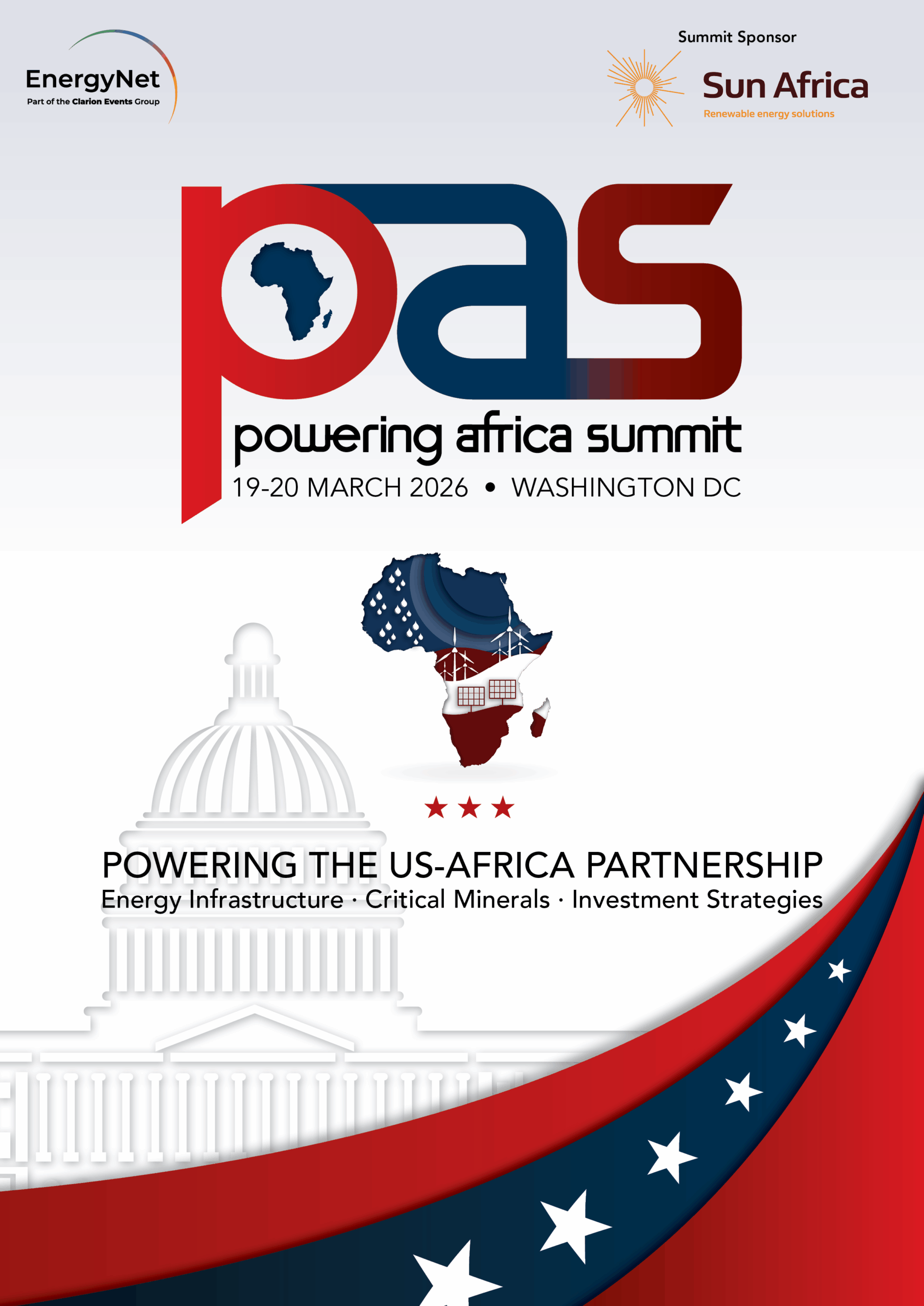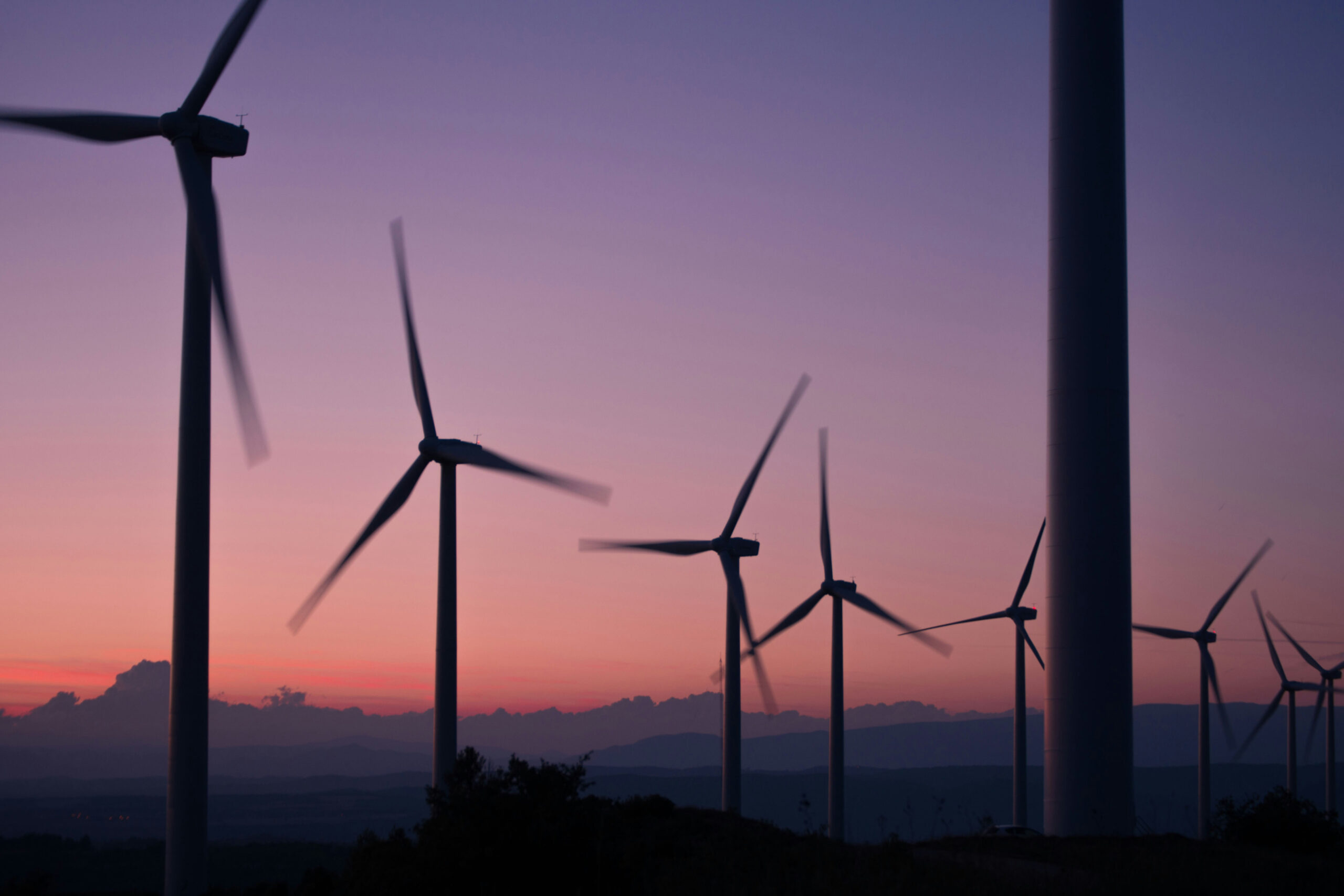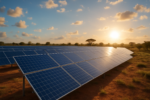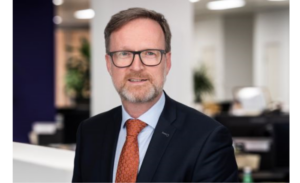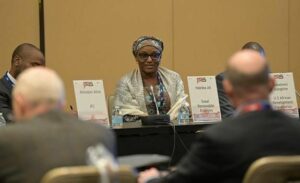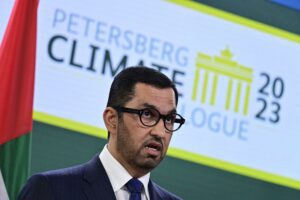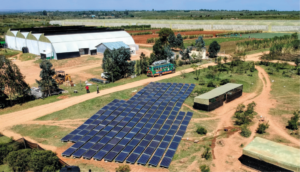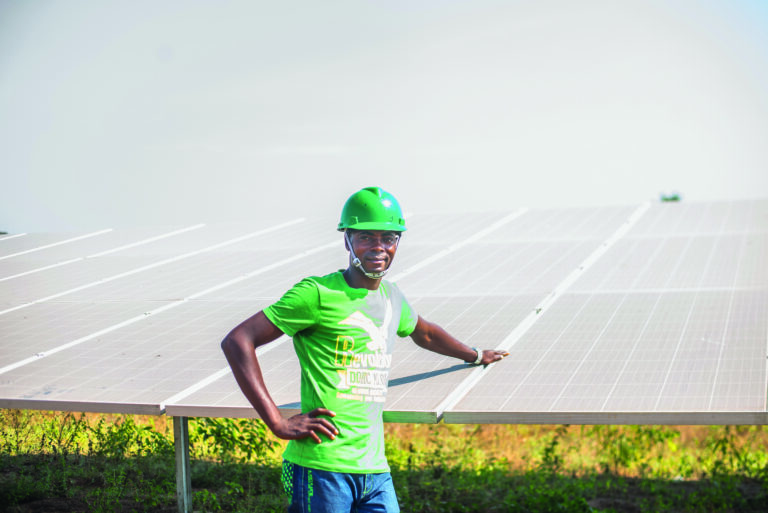
An All-of-Alliance Approach to Access
Collaboration is required to drive down the cost of much-needed clean energy solutions
Africa urgently needs to find more innovative ways of connecting public and private investment to close the finance gap, to accelerate the transition to cleaner energies, and to ensure universal access to electricity on the continent.
No one actor can solve this. Rather, a collaborative approach is required – the coming together of countries, of technologies, of investors, and ideas. Carbon markets are one example, offering an incredible opportunity to unlock billions for the climate finance needs of African economies while expanding energy access, creating jobs, protecting biodiversity, and driving climate action. At present, Africa produces only a small percentage of its carbon credit potential, yet voluntary carbon markets could grow 100-fold by 2050, with Africa’s share worth more than $100 billion a year.
The same collaborative thinking and awareness of market opportunities inevitably stems from the renewables conversation and the role of technology.
The Global Energy Alliance for People and Planet’s (GEAPP’s) Vice President for Africa, Joseph Nganga picks up the thread: “Distributed renewable energy (DRE) is the fastest and most cost-effective solution to accelerate clean electricity access on the continent, but high costs are hampering the sector’s growth in Africa. Lowering technology costs will be key to supercharging the deployment of DRE systems to serve the millions of people in Africa who still live without reliable, affordable power.”
Nigeria is cited by Nganga as a prime example of an African nation well-positioned to reap the benefits of DRE, but one which currently lacks the subordinated capital and local currency financing to catalyse development.
“One issue is the inability to access long-dated local currency financing, which exposes DRE developers to losses due to currency mismatches between their revenues and borrowings,” he explains. “This shortfall has inspired GEAPP to work with Nigerian investment firm, Chapel Hill Denham to set up a new local currency subordinated debt vehicle facility: the Energy Transition & Access Facility for Africa (ETAFA). This will unlock an initial investment of US$50 million to help unleash the full potential of DRE in the country.”
A unique coalition
GEAPP also recently participated in a metro-grid investment in the DRC, led by one of Africa’s leading renewable energy-powered metrogrid companies, Nuru. This investment will help bridge the energy gap and provide reliable and renewable energy to urban communities in DRC, where 81 percent of the population does not have access to electricity.
These efforts represent the latest in a strong portfolio built by GEAPP since its launch at COP26. Set up as an alliance of partners by philanthropic organisations including the Rockefeller Foundation, IKEA Foundation and the Bezos Earth Fund, it seeks to mobilise collaboration across entrepreneurs, governments, development partners, local communities and the private sector.
“This unique coalition of partners was launched with the goal of enabling 150 million new jobs, reducing four gigatons of future carbon emissions, and expanding clean energy access to one billion people,” confirmed Nganga. “Without scaled renewables, the emerging economies of the world could produce 75 percent of global emissions by 2050.
“Inspired by powerful coalitions such as the Global Fund and the vaccine alliance, Gavi, GEAPP and its Alliance partners work across Africa, Asia, Latin America and the Caribbean to encourage the transition to clean energy systems that foster inclusive economic growth and secure universal energy access. All while enabling the global community to meet critical climate goals over the next decade.”
Image: Minigrid.jpg
Driving down costs
This year, the Alliance has focused on driving down the cost of, and increasing access to, clean energy technologies, with a focus on seven countries – South Africa, Ethiopia, Nigeria, DRC, India, Indonesia and Vietnam.
Projects across this ever-growing footprint will compound a track record that has already seen the Alliance enable 25MW of renewable energy capacity, improve more than 245,000 energy connections, produce 117,000 tonnes of carbon, and impact more than one million lives.
“Without clean energy, every other form of progress is undermined,” Nganga says. “The Alliance is committed to driving down the cost ofclean energy technologies and mobilising much-needed finance.”
In each country and through every project, GEAPP identifies technology and programmatic solutions that have the potential to be applied across multiple markets, with a common focus on decreasing the costs required for renewable energy solutions. Two project examples include DART and ACMI.
Nganga details: “Demand Aggregation for Renewable Technologies (DART) aims to drive down the cost of developing mini-grids and has already delivered US$750,000 in savings on its inaugural $3 million order in Nigeria. In the coming years, DART is expected to expand to Ethiopia, Madagascar and beyond, bringing utility-scale pricing to mini-grid projects across Africa.”
The Africa Carbon Markets Initiative (ACMI) has a goal to expand Africa’s participation in voluntary carbon markets to develop energy access, create jobs, protect biodiversity and drive climate action. By 2030, the aim is to produce 300 million carbon credits, to unlock $6 billion in revenue, and to support 30 million jobs.
“GEAPP is also working with partners to develop the Distributed Renewable Energy – Agriculture Modalities (DREAM) initiative, which is building the first solar mini-grid-powered, large-scale irrigation systems in Africa,” adds Nganga. “This will provide farmers with reliable, affordable, and sustainable irrigation.
“The initiative began with the launch of nine pilots across Ethiopia, generating 4.5MW of energy to power 3,000 households, providing 15,000 people with new or improved access, and irrigating 1,545 hectares of land. The Alliance plans to scale the model up to 300 sites in the future."
Shaping Africa’s future, today
Every innovative idea, and each groundbreaking solution relies on one key tenet – collaboration. The notion of countries, sectors, public and private all coming together for a common cause has been discussed time and time again when deliberating Africa’s electrification challenges. GEAPP is striving to take this discussion one step further by championing an “all-of-alliance” approach to progress. And progress is certainly there to be gained, should the right forces pull together.
“Countries across the African continent hold enormous potential to become renewable energy leaders, but clean energy costs are hampering the continent’s progress as things stand,” Nganga says. “There are currently 25 million more people in Africa living without energy access, than before the pandemic. Nigeria alone has more than 90 million people without access to electricity, the largest energy access deficit in the world. DRC and Ethiopia have the second and third highest electricity access deficits, respectively.
“Despite clean energy and battery storage prices falling by more than 90 percent over the past decade, emerging economies still face much higher costs than OECD countries, resulting in the slow adoption of these new technologies. Unless we can make them affordable, this will severely hamper the global green transition. If we don’t act now, emerging economies could produce 75 percent of global emissions by 2050.”
Africa has a vital role to play in the global energy transition, given its current trajectory and worldwide impact on emission rates.
Nganga remains confident, however: “We see tremendous innovation on the continent, with the development of new technologies and a willingness to question and change the status quo.
“Tapping into this clean energy potential will be transformational for the continent but greater collaboration, investment and the rapid deployment of renewable technologies are required.
“The decisions we make today will shape the continent’s energy sector for decades.”


